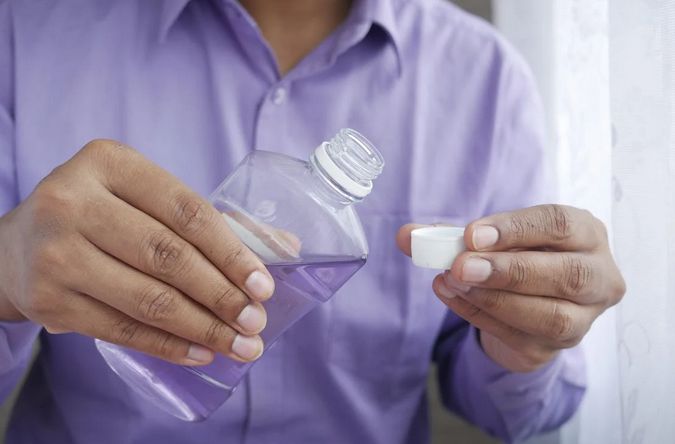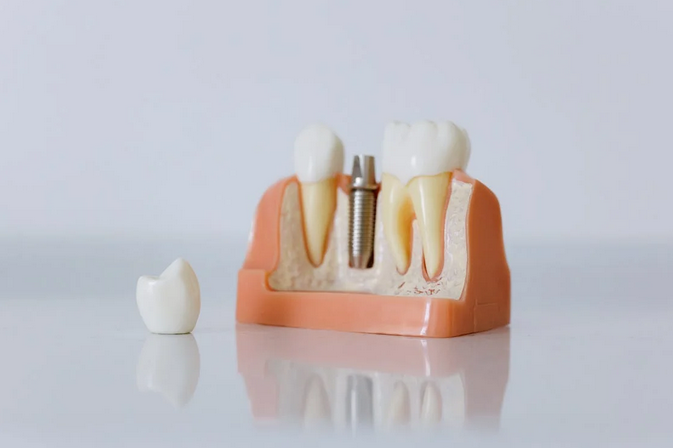Welcome to the vibrant heart of Islington, where our bustling streets are filled with charming cafés and local gems—just like your smile should be! While we all strive for that perfect grin, many of us unknowingly fall prey to common oral care mistakes that can dampen our dental health. From brushing techniques that miss the mark to overlooked habits that could lead to cavities, these errors might surprise you. But don’t worry—we’ve got your back! In this post, we’ll unveil the most common oral care pitfalls right here in Islington and share expert tips on how to fix them. Let’s embark on a journey towards healthier teeth together—because every great smile deserves the best care.
Brushing Too Hard
It might seem like the harder you scrub, the cleaner your teeth will be, but that’s not the case. Brushing too hard can damage your enamel and irritate your gums. Dental Hygienist Islington often notices patients with receding gums or worn-down enamel from brushing with too much force. To avoid this, try using a soft-bristled toothbrush and let the bristles do the work. Gently brush in small, circular motions rather than using a back-and-forth scrubbing motion. If you tend to brush too hard, consider investing in an electric toothbrush with a pressure sensor that alerts you when you’re pressing too hard.
Skipping the Flossing
Let’s be honest, many of us skip flossing because it’s time-consuming or it feels like an extra step in our already busy routines. However, skipping flossing is one of the biggest mistakes you can make when it comes to oral hygiene. Your toothbrush can’t reach the spaces between your teeth, and that’s where plaque and food particles tend to build up. Dental hygienists in Islington emphasize that flossing is crucial for preventing gum disease, cavities, and bad breath. Make it a habit to floss once a day—preferably before you brush, so that you can remove debris before brushing it away. If traditional floss feels difficult to use, try alternatives like floss picks or a water flosser.
Not Changing Your Toothbrush Regularly
It’s easy to forget about your toothbrush once you’ve found the perfect one, but if you’re using the same brush for too long, you’re doing yourself a disservice. The bristles lose their effectiveness over time, meaning your toothbrush won’t clean as well as it should. Islington’s dental hygienists recommend changing your toothbrush (or toothbrush head if you’re using an electric one) every 3 to 4 months, or sooner if the bristles appear frayed. A worn-out toothbrush can’t effectively remove plaque and bacteria, which is a major factor in preventing cavities and gum disease. Keep your brush fresh to keep your smile sparkling.
Rinsing With Mouthwash Right After Brushing

While mouthwash can be a great addition to your oral care routine, many people make the mistake of using it immediately after brushing their teeth. The problem is, that most mouthwashes contain alcohol or other ingredients that can wash away the beneficial fluoride left behind by your toothpaste. Instead of using mouthwash right after brushing, wait a bit before rinsing. This gives your teeth time to absorb the fluoride and lets your toothpaste work its magic. If you prefer to use mouthwash right after brushing, opt for a fluoride mouthwash that won’t interfere with your toothpaste’s effectiveness.







